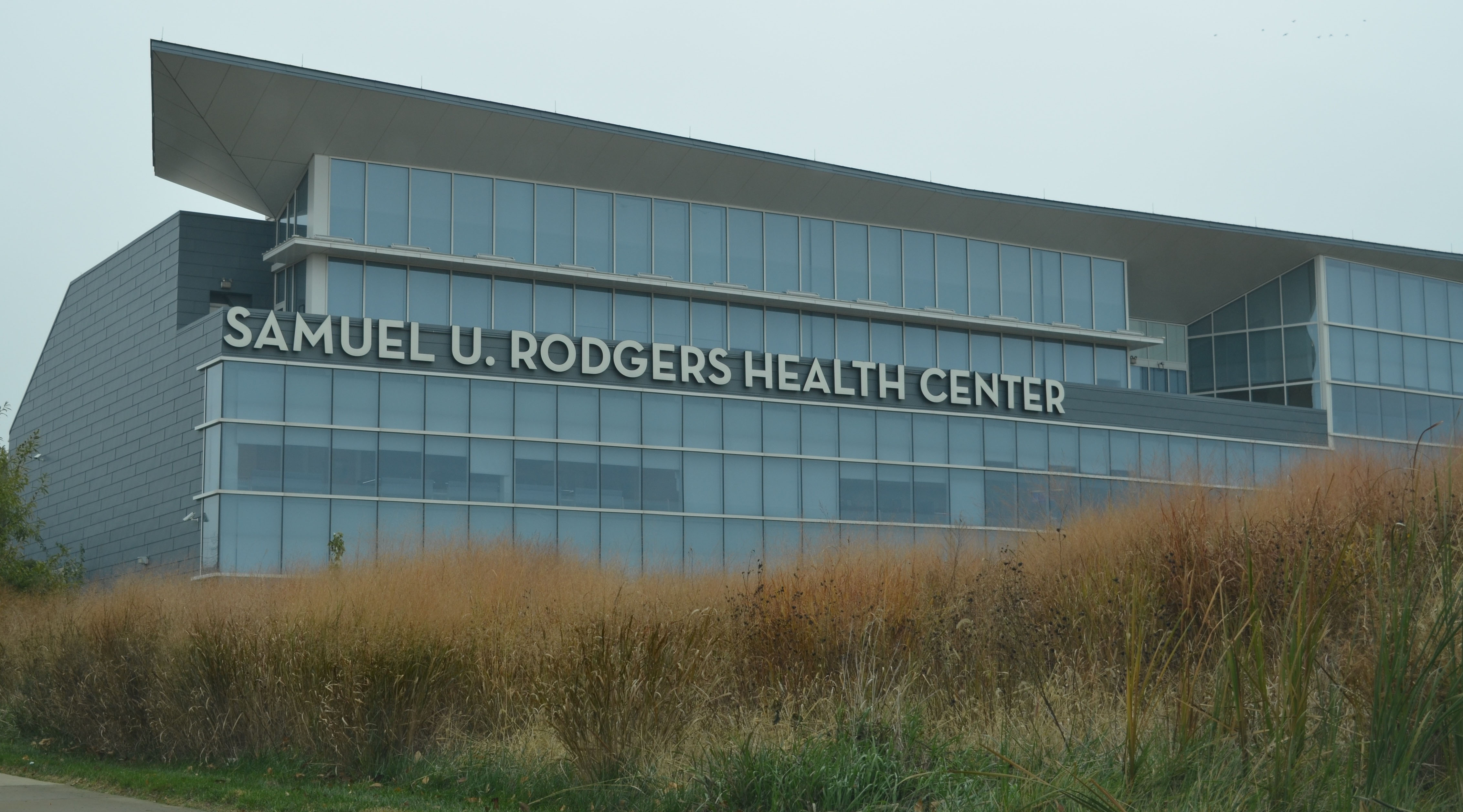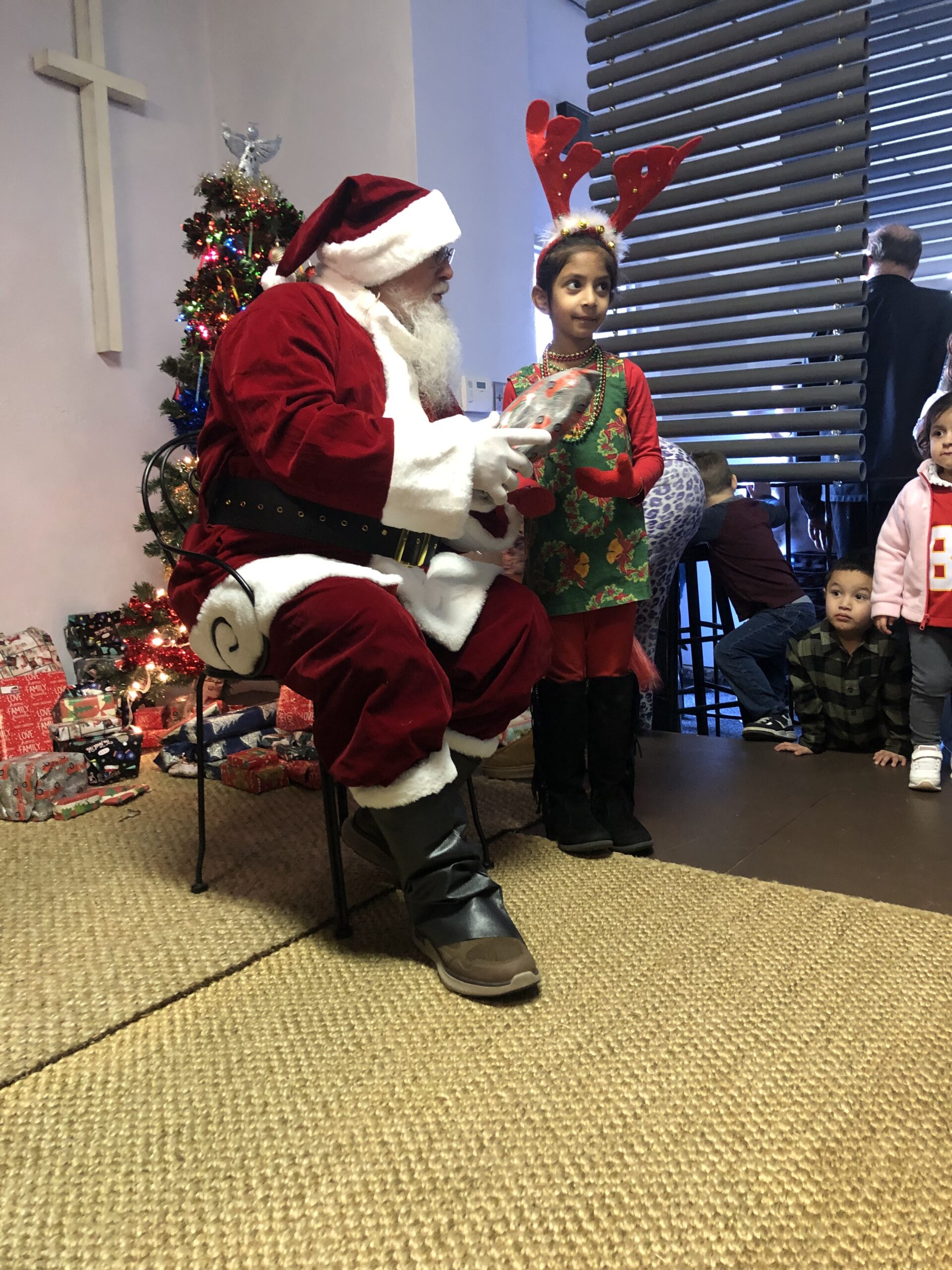Paul Thompson
Northeast News
Samuel U. Rodgers has been allocated $927,030 for indigent care by the City of Kansas City during the next fiscal year, while the Kansas City CARE Clinic will receive $538,660 for the same purpose.
The funds are part of a nearly $31 million budget to cover primary health care services for uninsured individuals in Kansas City, Missouri. The money is appropriated annually through dedicated Health Levy accounts. The City Council’s Neighborhoods and Public Safety advanced the budget – which was subsequently approved by the full Council – during its Wednesday, April 18 meeting.
The funding for Samuel U. Rodgers continues a trend of funding decreases that began in 2015, when the center received $1.7 million to offset costs related to uninsured patients. That was cut by $100,000 in 2016 and $180,000 in 2017. A proposed $500,000 cut in 2018, which was the initial recommendation of the Health Commission, would have represented a nearly 50% cut over a three-year span.
The cuts coincided with a message from the Health Commission that Samuel U. Rodgers was overfunded, based on the level of care provided to indigent patients. On April 18, the Health Department came prepared with a facility by facility breakdown of the funding per encounter for each of the city-subsidized health care providers in the area. In 2017, Samuel U. Rodgers led the way by a wide margin with $224.34 of funding per encounter. Northland Healthcare Access came in at $116.05 per encounter; Kansas City CARE Clinic at $84.10 per encounter; and Swope Health Services at $68.72 per encounter.
“The elephant in the room is that Sam Rodgers is grossly over-funded,” said Elizabeth Walsh, a public health statistician with the City of Kansas City, Missouri Health Department.
Those figures have decreased across the board so far in 2018, with Samuel U. Rodgers dropping to $195.34 per encounter; Northland Healthcare Access to $111.21 per encounter; and Kansas City CARE Clinic and Swope Health Services both sitting at $63.35 per encounter.
Still, Walsh noted that in the 2016-2017 fiscal year, 91.5% of the indigent care costs reported by Samuel U. Rodgers were funded, compared to 39% average for all of the other health centers. That number has dropped so far in 2018, however, to 62% of reported costs being covered, compared to an average of 32% for other providers.
Samuel U. Rodgers has been asked by the City to explain the higher cost per encounter relative to other providers. If the case is made successfully, the KCMO City Council has offered an opportunity to slice the 2018-2019 budget cut in half, potentially unlocking an additional $250,000 in revenue.
In late March, an amendment was presented for $250,000 to be set aside for the Health Commission that could be turned over to Samuel U. Rodgers if information presented during ongoing negotiations satisfies questions regarding the high reimbursement costs.
Walsh said last week that the funding cuts aren’t intended as an indictment on the work that Samuel U. Rodgers is doing on behalf of the community.
“It’s not about how they’re spending the money; we know that Sam Rodgers is doing great work in the community,” Walsh said. “The reason why there have been City cuts is because they were grossly overfunded to begin with.”
During the Neighborhoods and Public Safety committee meeting, 4th District Councilwoman Katheryn Shields thanked Kansas City residents for continuing to support indigent care services.
“It’s a good time to say thank you to the citizens of Kansas City, Missouri for having the open and generous hearts that they do,” Shields said.


















